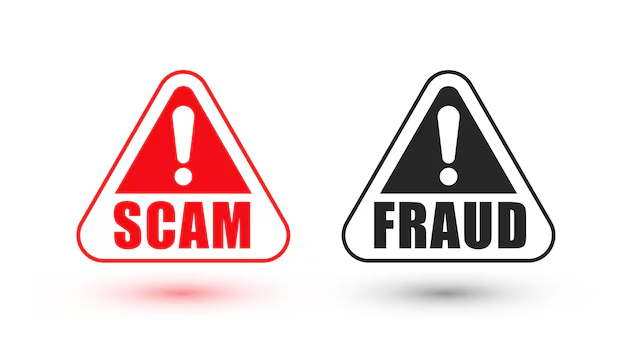Introduction
In today’s digital age, scams are more prevalent than ever. Whether it’s online fraud, identity theft, or misleading business practices, knowing your consumer rights can help you take the necessary steps to recover your losses and prevent future scams. This guide will walk you through the actions to take if you fall victim to a scam, the legal protections available, and how to report fraudulent activities effectively.
Understanding Consumer Rights
Consumer rights vary by country, but most legal systems provide protection against fraudulent practices. Key consumer rights include:
- Right to Safety – Protection from products or services that may cause harm.
- Right to Be Informed – Access to accurate information before purchasing goods or services.
- Right to Choose – Access to a variety of quality goods and services at fair prices.
- Right to Be Heard – The ability to report fraud or unfair business practices to authorities.
- Right to Redress – Legal recourse if a product or service is defective or misleading.
Step 1: Identify the Scam
Before taking action, determine what type of scam you’ve encountered. Common scams include:
- Online Shopping Scams – Fake e-commerce websites or sellers that take payment but never deliver goods.
- Phishing Scams – Fraudulent emails or messages that steal personal information.
- Investment Scams – Ponzi schemes, cryptocurrency fraud, and fake investment opportunities.
- Identity Theft – Unauthorized use of personal information for fraudulent purposes.
- Tech Support Scams – Fake calls or messages claiming to fix non-existent computer problems.
Step 2: Stop Further Losses
If you suspect you’ve been scammed, take immediate action to prevent further financial or personal damage:
- Contact your bank or credit card provider to freeze or dispute any unauthorized transactions.
- Change passwords for compromised accounts, especially those linked to financial or personal data.
- Block and report the scammer on the platform where you encountered them.
Step 3: Gather Evidence
Documentation is crucial for reporting and seeking legal remedies. Gather the following evidence:
- Screenshots of messages, emails, or website pages related to the scam.
- Payment receipts or bank statements showing the fraudulent transaction.
- Contact details or account information of the scammer (if available).
Step 4: Report the Scam
Reporting the scam increases the chances of stopping the fraudster and recovering your losses. Depending on your location, you may report scams to:
- Consumer Protection Agencies (such as the Federal Trade Commission in the U.S.).
- Law Enforcement Authorities (such as the police or cybercrime units).
- Financial Institutions (banks or credit card companies to dispute transactions).
- Online Platforms (e.g., social media sites, marketplaces, or e-commerce platforms where the scam occurred).
Step 5: Seek Legal Remedies
If significant financial loss has occurred, consider legal options:
- Chargeback Claims – If you paid via credit card, request a chargeback from your bank.
- Small Claims Court – If the scam involves a business or service provider, you may sue in small claims court.
- Class Action Lawsuits – Join a class-action lawsuit if others have been scammed in a similar way.
Step 6: Protect Yourself from Future Scams
Preventing future scams is just as important as addressing the current one. Take these precautions:
- Verify Sellers and Websites – Research businesses before making purchases.
- Use Strong Passwords – Enable two-factor authentication for sensitive accounts.
- Stay Updated on Scam Alerts – Follow consumer protection agencies for scam warnings.
- Educate Yourself and Others – Share your experience to help others avoid similar scams.
Conclusion
Falling victim to a scam can be frustrating and financially damaging, but knowing your rights and taking swift action can minimize harm. By reporting scams, seeking legal remedies, and staying vigilant, you can protect yourself and others from fraudulent activities. If needed, consult a consumer protection lawyer for additional legal assistance.

